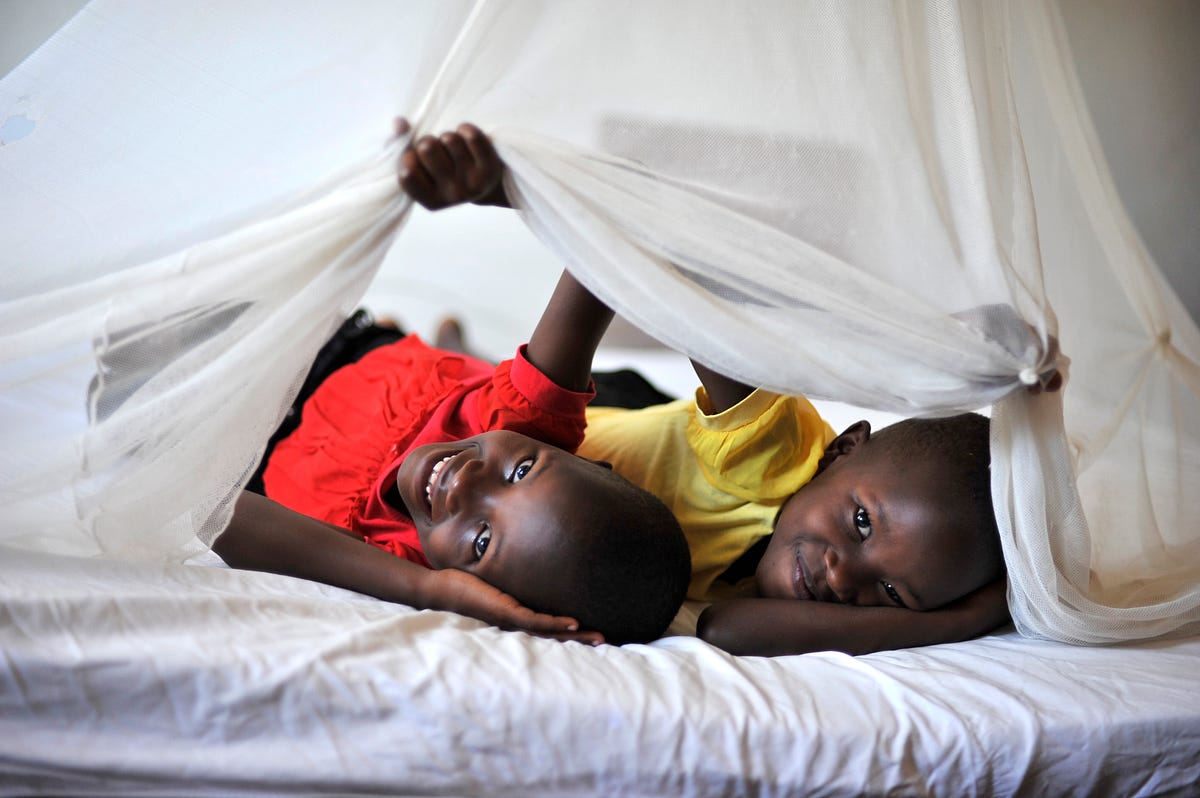By Krystal Birungi

As World Malaria Day approaches, the global health community once again turns its focus to the shocking, and unnecessary loss of lives, particularly in Africa for a disease that is preventable.
Malaria kills a child every two minutes in Africa, and 200 million people are infected every year. Additionally, the social and economic costs of the disease are estimated at $12 billion a year in Africa alone.
While significant progress has been made over the years, the journey towards eliminating malaria remains challenging. One of the necessary paths forward requires a fundamental shift in how the world approaches research and development, prioritising equity, inclusivity, and collaboration.
When dealing with complex global health problems like malaria, we must not exclude anyone from the conversation. Every stakeholder, from African scientists and female researchers to the youth and affected communities, has a unique and invaluable contribution to make. Excluding these voices not only sabotages the effectiveness of our efforts but also promotes inequalities.
Some conventional narratives often sideline African scientists, casting them merely as data collectors rather than active contributors shaping the trajectory of scientific research. This must change, because those most affected by a problem would be most motivated to solve it. Our continent is brimming with talent, innovation, and resilience. We can catalyse groundbreaking advancements in malaria control and elimination by empowering African scientists and providing them with the resources and opportunities they need to thrive.
Target Malaria has done so much to develop African scientists, investing in capacity building, mentorship, and skills development, to nurture the next generation of African scientists of all genders and ensure their voices are heard and valued in the fight against malaria.
Our consortium, which spans Ghana, Burkina Faso, Uganda, and has previously operated in Mali and Cape Verde, embodies the spirit of collaboration and shared learning. Target Malaria believes that solutions for Africa should be designed with Africans, not just for them. Whilst the initial design of genetic modifications may originate in Europe, the subsequent development and evaluation take place in Africa, ensuring that our interventions are contextually relevant and responsive to the needs of local communities.
Female scientists, in particular, face systemic barriers and biases. As a female scientist from Uganda, I have navigated these obstacles firsthand. Several people, including my teachers in high school and university, consistently urged me to study something more mainstream, as they were convinced that there would be nowhere for me to work – in Africa and as a woman. Some still wonder how I was not only able to study genetic science, but be working on a project of this scale and importance, right here on the continent – in Uganda.
My work at Target Malaria has exposed me to several platforms on the continent and globally, which I embrace as an opportunity to challenge mindsets about scientific research and the development of tools in Africa.
The youth are also critical to this narrative, representing the present and the future. Their voices must be heard, and their perspectives valued. By engaging them early in the research and development process, we can instil a sense of ownership, foster a culture of innovation, and ensure continuity in the fight against malaria.
COVID-19 taught us that we are one world, interconnected and interdependent. Therefore, the fight against malaria requires a united front, where all stakeholders, regardless of gender, age, or nationality, come together to share knowledge, resources, and expertise. By embracing inclusivity, collaboration, and equity, we can accelerate progress towards a malaria-free world and create lasting change for future generations.
